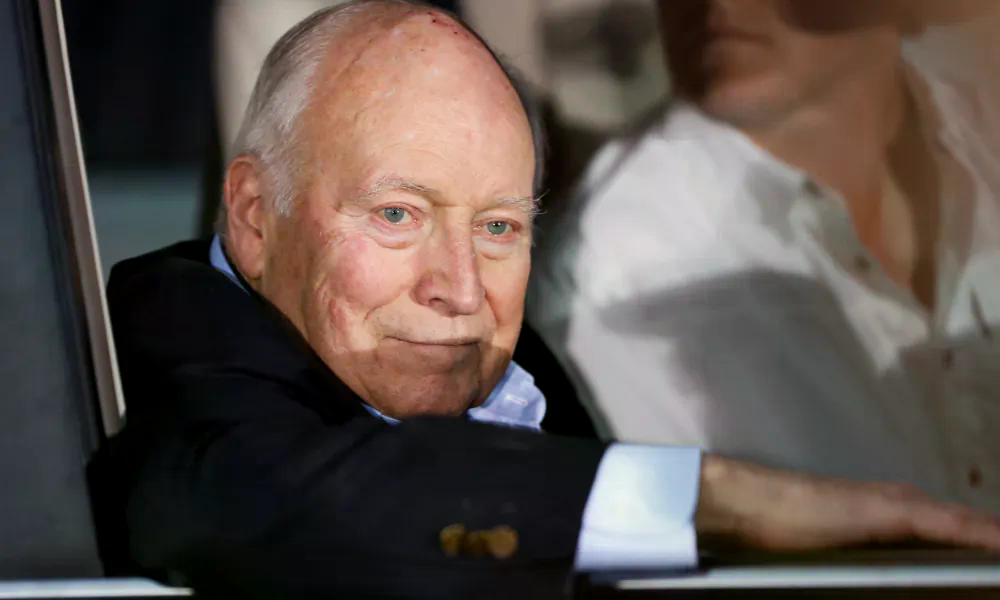
Dick Cheney, the former vice president of the United States and a central figure in American politics for several decades, passed away on Monday at the age of 84 due to complications from pneumonia and cardiac and vascular disease. His family released a statement expressing their grief and highlighting his values and personal life. According to the statement, Cheney was a “great and good man” who instilled in his children and grandchildren a love for country and a commitment to courage, honor, kindness, and even fly fishing.
Cheney’s career was marked by both significant influence and intense controversy. He is widely regarded as one of the most powerful vice presidents in U.S. history, known for his strategic acumen and ability to navigate political challenges. However, his legacy remains deeply contested, particularly due to his role in shaping policies following the 9/11 attacks, including the invasions of Iraq and Afghanistan, the use of torture at Guantanamo Bay, and domestic surveillance programs.
His approach to governance often drew sharp criticism, especially regarding the justification for the Iraq War, which was based on claims of weapons of mass destruction (WMDs) that were later proven false. The conflicts led to widespread loss of life, regional instability, and long-term consequences for both the countries involved and the United States itself.
Cheney’s influence extended beyond his official roles. As a key advisor to President George W. Bush, he played a pivotal role in shaping the administration’s policies, particularly the so-called “war on terror.” Analysts have noted that his actions left a lasting impact on American society, including the expansion of surveillance practices, the normalization of state-sponsored interrogation techniques, and the growth of private military contractors.
Born in Nebraska and raised in Wyoming, Cheney had a complex early life. He initially abandoned a scholarship at Yale University and struggled with personal and professional setbacks before eventually finding his footing in Washington politics. He became a protégé of Donald Rumsfeld, with whom he formed a powerful partnership that shaped Republican administrations for years.
During his time in government, Cheney held various high-profile positions, including chief of staff to President Gerald Ford and secretary of defense under President George H.W. Bush. In these roles, he was seen as a pragmatic and effective leader, though his views evolved over time. By the early 2000s, his approach to foreign policy and national security had shifted significantly, reflecting a more aggressive stance on military intervention.
As CEO of Halliburton, a major oil and engineering company, Cheney was also involved in the growing trend of privatizing military operations. This shift raised ethical and legal concerns about the role of profit in warfare and its implications for national security and human rights.
Throughout his career, Cheney remained a polarizing figure. While some praised his leadership and vision, others criticized his decisions and the consequences they brought. His legacy continues to be debated, with many focusing on the long-term effects of his policies on American politics and global affairs.
In addition to his political achievements, Cheney was known for his passion for hunting. In 2006, he accidentally shot a friend while on a hunting trip, an incident that underscored the risks associated with his hobby. Despite such moments, he remained a prominent and influential figure in American public life until his death.


